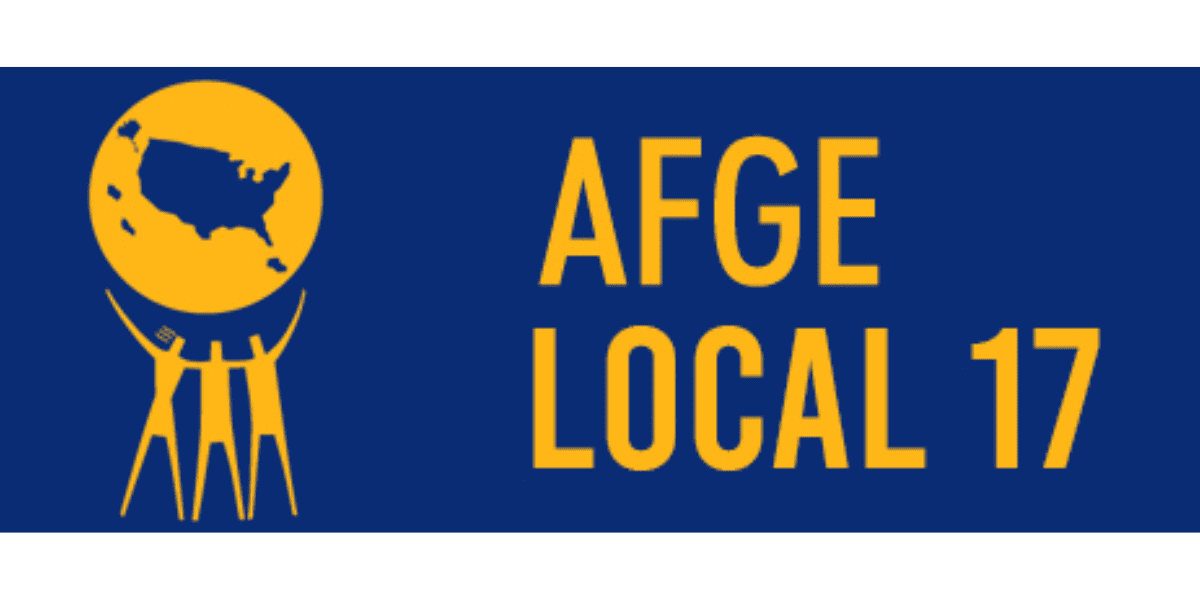NORFOLK, Va. — Thousands of Navy and Marine Corps veterans of the wars in Iraq and Afghanistan received what are called “bad paper” discharges.
But they’re contending that service-connected post-traumatic stress disorder (PTSD) and other health problems were overlooked before being kicked out for misconduct.
Now, a federal court is requiring the military to review each and every one of their cases.
Judge Charles Haight of the U.S. District Court for the District of Connecticut approved the nationwide settlement last week in a class-action suit known as “Manker v. Del Toro.”
The Navy Discharge Review Board will now automatically reconsider the appeals of those veterans with “General” or “Other than Honorable” discharges due to behavior connected to PTSD, traumatic brain injury, military sexual trauma and other mental or behavioral conditions, going back to 2012.
As many as 250,000 Navy and Marine Corps veterans suffering the effects of trauma related to their service, who later tried and failed to have their discharges upgraded, will have their cases reevaluated under the settlement.
“And they are individuals who have worn the uniform of the country and risked their life in combat. It’s a national scandal,” said lawyer Sean Timmons.
He is the managing partner of the Tully Rinckey law firm’s Houston office, which has years of experience representing clients who have been wrongfully discharged from serving in the military.
Timmons said these specific cases were repeatedly mishandled by the Navy and Marine Corps.
“Almost robotically, applications were denied arbitrarily, year after year after year,” he said. “Finally, hopefully in 2022, more than a decade after this problem was identified, individuals will start getting relief.”
According to a 2017 Government Accountability Office report, 62% of troops separated for misconduct had been diagnosed with PTSD, traumatic brain injury or other mental health conditions.
These kinds of “bad paper” discharges carry a stigma. They could limit employment opportunities, access to G.I Bill education benefits, and benefits from the Department of Veterans Affairs.





